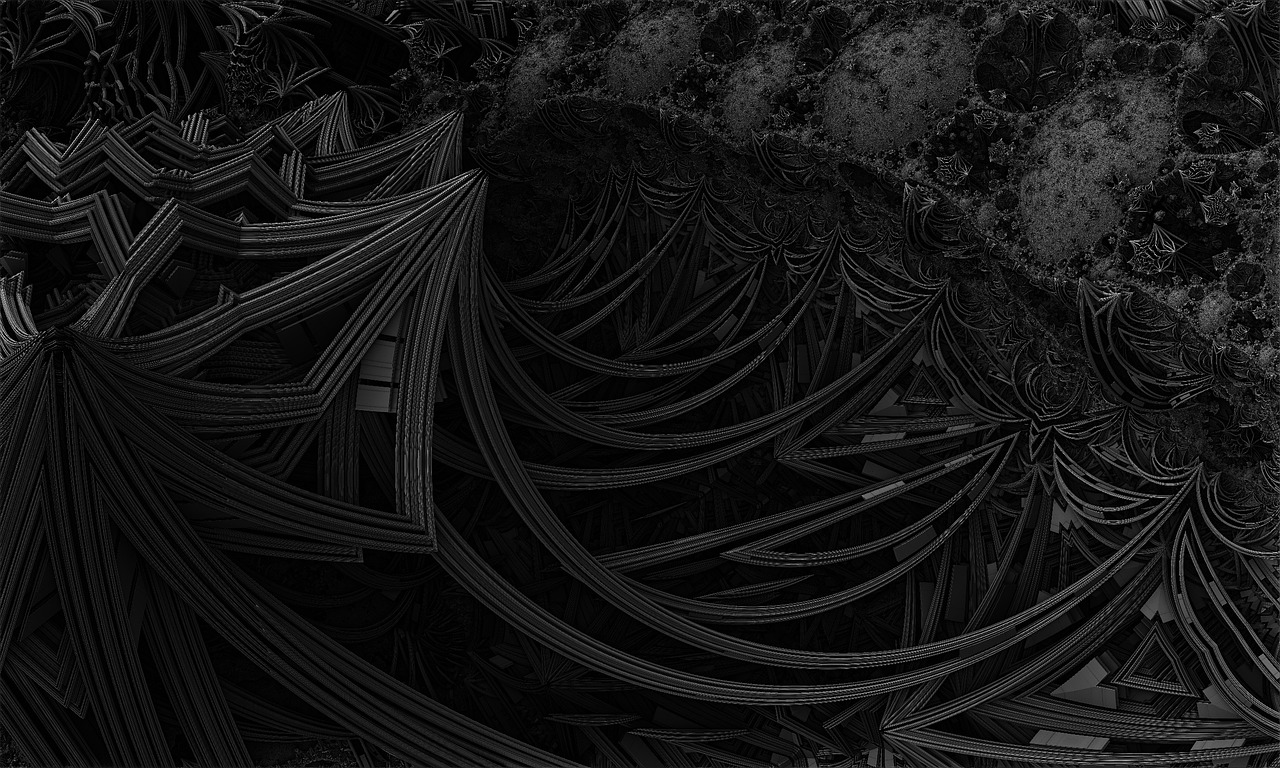 NEWS
NEWS
 NEWS
NEWS
 NEWS
NEWS
Hewlett-Packard Company has said it will have a prototype of its fabled “Machine” computer ready by next year for its partners to start building software on, though a finished product is still five years away.
HP revealed its ambitious plans for the Machine last year, saying it aimed to redefine how computers are built in order to make them faster, simpler and more efficient. The key to that, the company described, is by combing the two key elements of memory and storage into one.
At the HP Discover conference in Las Vegas yesterday, HP’s CTO Martin Fink said the company would have a working prototype of the Machine ready by this time next year. HP is making a massive bet on the Machine, with some estimates saying its throw up to 75 percent of its R&D resources at the project.
Of course, by this time next year HP won’t be HP anymore. It’s all set to split itself into two entities – Hewlett-Packard Enterprise and HP Inc. – on November 1 this year, with the first being devoted to enterprise computing and services, and the latter taking over HP’s PC and printing hardware lines.
Anyhow, back to the Machine. This will be a vastly different beast from today’s regular PCs, because HP says it plans to use a new kind of memory chip built using memristor technology. Memristor isn’t a new concept – it was first described by researchers in the early 1970s, but no one has managed to commercialize the technology so far. HP says the memristor chips will be blazingly fast, like conventional DRAM memory, and will also be able to store data when the power supply is switched off, just like flash memory. A single component can therefore act as both the system memory and storage.
For a long time, memristors were but a theoretical technology, but then in 2008 HP finally showed how they can be built, even though its yet to be able to mass produce them.
Memristor is important because, in a world where computers are choking on the massive amounts of data being generated each day, The Machine would have a massive advanatage. A memristor-based Machine would be able to sort and analyze data far faster, and using less power, than any of today’s computers. It would speed up the process of getting compute work done, because it would elminate the need for data to be shifted from storage to memory to processor. Hard drives, with all their energy-consuming moving parts, would quickly die a death.
If HP did build a Machine, it would likely enter the high-end computing market first, before filtering down to larger markets. One day we could see notebooks and smartphones built on memristor-based memory, which would be able to last for hours longer on a single charge. It would be the kind of advance we see in technology only once every twenty or thirty years, and that’s why HP is so intent on making it happen.
But there are numerous obstacles in the way, the biggest one being that HP still hasn’t found a way to bring memristor to the market. In other words, the non-volatile memory at the center of the Machine is little more than a fantasy at present. HP began its work on Memristor in the early 2000s, but its so far been unable to hone the process of mass manufacturing it. HP first promised to release the tech as a replacement for flash in 2013, before delaying it until 2014, and later, 2018. And that’s the last we’ve heard.
Also conerning is that Flink said in his keynote that the company is also exploring alternative non-volatile memory technologies like phase change memory and resistive RAM, which suggests HP still hasn’t made the breakthrough with memristor.
All well and good, but there’s one problem with these alternative non-volatile memory technologies – they’re all incredibly expensive, and that would be extremly prohibitive at the kind of scale HP is talking about.
THANK YOU